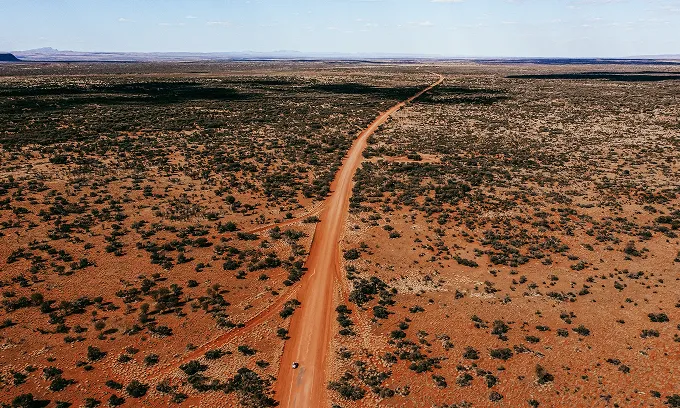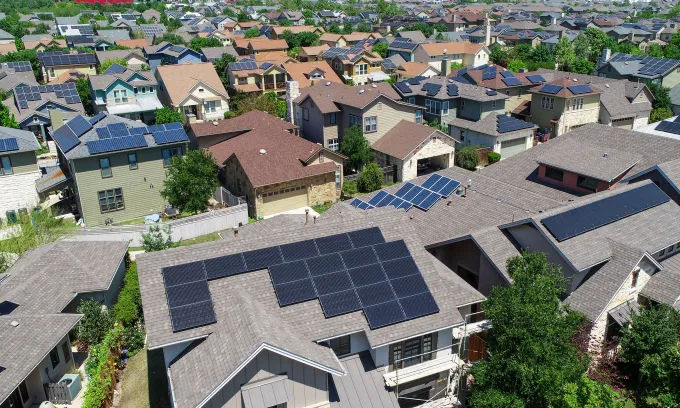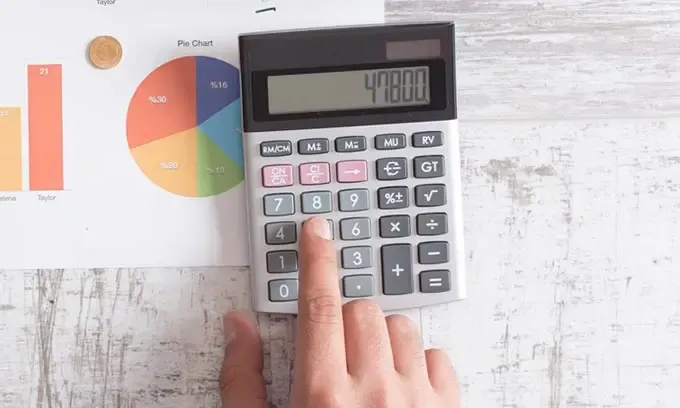How energy in NT works
In the Northern Territory (NT), two sources of energy are available — electricity and gas.
Electricity is the main source because most NT homes don’t have a natural gas connection, except for a handful of homes in and around Alice Springs.
If you have electricity at home, that means you’re on an electricity plan with an electricity provider. Providers purchase electricity in bulk from the wholesale market, reselling it as ‘plans’ with various prices and conditions.
In NT, the energy market is competition deregulated, permitting the entry and exit of brands keen to compete for more customers. However, energy prices are regulated, meaning all energy plans must follow prices set by the NT government.
This guide simplifies the complexities of the NT energy market.
Electricity in NT explained
Note: For more detailed information, speak directly with your provider.
Electricity distributors and providers in NT
An electricity distributor is responsible for supplying electricity to your home. They also maintain and manage the grid infrastructure (e.g. pipelines, meters, utility poles). If there’s a power outage, they are your first point of contact.
In NT, the default distributor is the government-owned ‘Power and Water Corporation’.
The Power and Water Corporation covers three different networks and regions:
Electricity distributors in NT | Network in NT | Regions in NT |
|---|---|---|
Power and Water Corporation | The Northern Network grid | Darwin and Katherine regions, including Batchelor, Adelaide River, Pine Creek, Mataranka and Larrimah |
The Southern Electrical grid | Alice Springs | |
The Tennant Creek network grid | Tennant Creek |
In NT, the Power and Water Corporation functions as a distributor and a retailer. The company is responsible for both selling and supplying electricity to your home in dozens of remote locations outside Darwin, Katherine, Tennant Creek and Alice Springs.
However, due to competition deregulation, you can still choose providers other than the Power and Water Corporation.
There are only four licensed electricity providers in NT:
- Jacana Energy (government-owned)
- Rimfire Energy
- EDL NGD (NT) Pty Ltd
- Next Business Energy.
Jacana Energy is the most popular provider in NT, supplying electricity to over 88,000 customers between 2023 and 2024.
Electricity plans and pricing in NT
In NT, all electricity plans strictly abide by the rates and prices set yearly by the NT government. That also means plans don’t come with any discounts. But there are exceptions.
Electricity prices are not regulated for customers who use more than 750 megawatt hours (MWh) or 750,000 kilowatt hours (kWh) of electricity annually.
However, the annual electricity use of virtually all residential customers won’t surpass this figure. For context, an average customer in Australia consumes between 3,500 kWh and 4,000 kWh each year.
Electricity plans in the NT come with two charges — ‘supply charges’ and ‘usage charges’:
- Supply charges: A daily cost (in c/day) paid to remain connected to the grid.
- Usage charges: A cost that varies with every kilowatt hour (kWh) used.
Plans also come in three different tariffs or pricing structures:
Tariff name | Description | Do you need a smart meter installed?* |
|---|---|---|
Single rate (or flat rate) | A fixed rate throughout, regardless of the time of day | No |
Time of use (ToU) | Different rates in peak and off-peak periods. Rates are most expensive during peak hours and cheapest during off-peak hours. | Yes, or a separate CL meter installed instead. If you don’t have either, please contact your region’s distributor for one. |
Prepaid power | Allows you to pre-purchase electricity | Yes |
A plan’s tariff and pricing information can be found on its energy fact sheet, located on your preferred provider’s website.
Gas in NT explained
Note: For more detailed information, speak directly with your provider.
Due to the lack of accessibility to mains gas, there isn’t a competitive market for natural gas in NT. Most customers don’t rely on gas-powered appliances (e.g. electric stovetops).
Instead of natural gas, customers rely more on liquefied petroleum gas (LPG), which is delivered in different bottle sizes.
Because LPG is highly portable, it’s the natural alternative for customers living far away from gas mains. However, keep in mind that LPG can only be used by LPG-specific appliances.
If you’d like to learn more about LPG, you can pay a visit to our comprehensive guide to LPG.
Solar in NT explained
In NT, some electricity providers will pay you for your excess solar energy (through a feed in tariff).
Solar feed in tariffs in NT
A solar feed in tariff (FiT) gives you a bill credit (in c/kWh) for excess solar exported from your rooftop solar system to the grid.
In NT, only two providers offer a FiT — ‘Jacana Energy’ and ‘Rimfire Energy’.
Retailer | Minimum Feed-in Tariff (c/kWh) | Maximum Feed-in Tariff (c/kWh) |
|---|---|---|
Jacana Energy | 9.33 | 18.66 |
Rimfire Energy | 12.1* | 18.33* |
Source: Jacana Energy, Rimfire Energy websites, September 2025.
*Eligible customers only
Premium feed in tariffs in NT
Since July 2022, Jacana Energy customers receiving the premium FiT for four years have been switched to a standard FiT (9.33c/kWh).
If you’ve been on the premium FiT for under four years, you can continue on your current tariff but will be moved to the standard FiT once four years has passed.
NT energy rebates and concessions
The NT government is offering energy rebates and concessions to eligible customers:
Electricity Concession
Energy type
Electricity
Eligibility*
The account holder must be a member of the NT Concession Scheme or live in a registered caravan park.
Other conditions may apply for alternative energy or prepaid meters.
Rebate amount
- Jacana and Power Corporation customers: fixed daily rate of $1.158 plus $0.082 per kilowatt used, up to $1,200 per annum for electricity
- Households with prepaid meters: Up to $1,200 per annum for electricity
- Caravan parks or alternative energy: $1.274 per day.
Where to apply
For Jacana Energy and Power and Water Corporation customers: Contact them and provide them with your membership number.
For registered caravan park customers and customers with pre-paid meters: Complete and submit the Alternative Energy and Caravan Park Concession form. Depending on the concession you’re applying for, different documentation will be required.
Medical Support Concession
Energy type
Electricity
Eligibility*
Must exceed the concession cap and have a medical condition (or live with a dependent that has one).
Rebate amount
$154, applied once the cap is exceeded.
Where to apply
Complete the medical support allowance form on the NT Government’s website.
*For more eligibility information, visit the Northern Territory Government’s official website.
Source: NT GOV, September 2025








